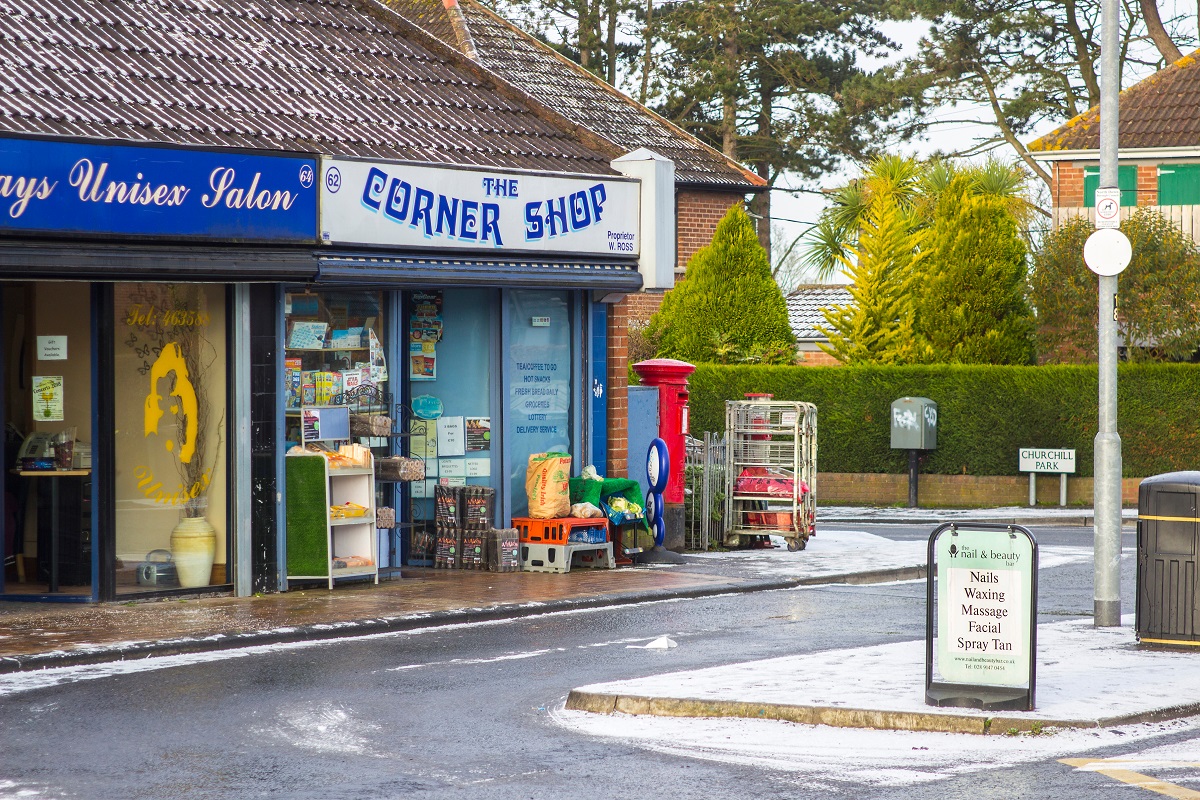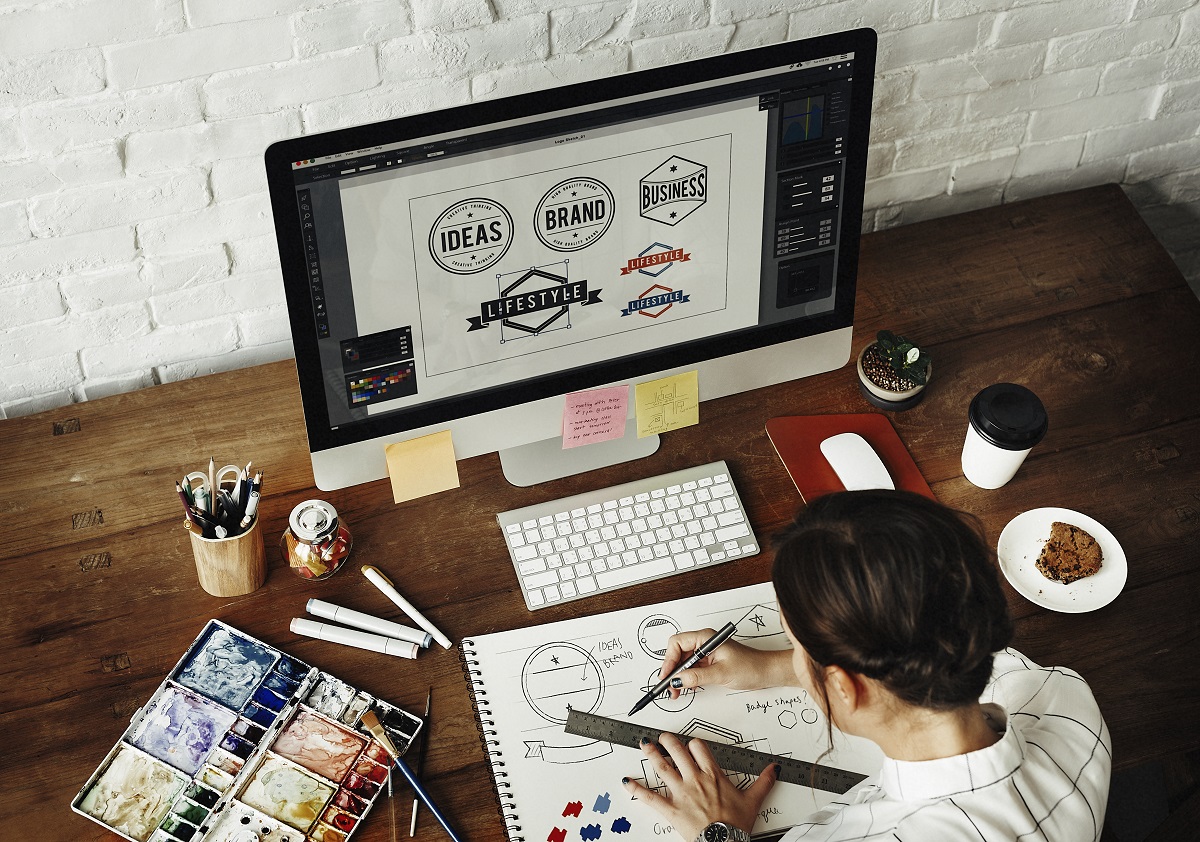When designing a plant, there are several factors such as achieving optimum performance and efficiency that may be considered to be common to all industrial plants. However, there are some factors that may vary from one plant to another depending on the nature of the products to be manufactured. A food-processing plant is likely to adopt different sanitization measures in comparison to a car assembly plant.
1. Durability
This refers to a plant’s ability to withstand the accompanying effects of the activities to be conducted. It depends on how well the operating premises are constructed. For instance, the use of chemical-resistant concrete provides some guarantee relating to a building’s durability. Some industries deal in corrosive chemicals that tend to wear out concrete resulting in weakened structures. Such weakened structures pose a risk to the safety of the employees working in an industry. Additionally, any chemical reaction results in the formation of products. As such, a reaction between chemicals and any substances present in a concrete structure may result in the production of fumes, which may put workers at risk of developing respiratory complications. Some substances, such as asbestos and its compounds, have been known to be carcinogenic and hence harmful to human safety.
2. Workers’ Safety

This is an essential aspect of any plant’s operations. Safety concerns begin from the point of plant design and implementation. A plant ought to be constructed in a way that it does not pose any threat to its occupants. An example includes the nature of the floor surfaces. Slippery floors expose employees to possible slipping which is likely to result in accidents. There may also be a need to install other forms of safety equipment around a plant. There may be an air-conditioning system to facilitate the continuous removal of fumes from the plant’s interior. Smoke detectors also come in handy in improving a plant’s response to possible fire accidents. Water pipes should also be installed at various sections around the plant.
3. Efficiency
This refers to the time taken to complete a given task and its effect on the overall performance of a business. Efficiency has become an essential aspect of success, especially among businesses operating within the same industry. There is also an aspect of money in efficiency. The more efficient a plant is, the lower the expenses are likely to be and, therefore, the higher the profits. Any plant ought to be designed in a way that facilitates the seamless flow of activities until the final product is achieved. This may refer to the way different workstations are arranged within a plant’s premises. Materials undergoing conversion into final products should only pass once through any point. All activities associated with a given workstation should be completed at that point before an item proceeds to the next step.
The need to achieve a durable, reliable, and efficient plant is a major reason as to why plant engineers begin with pilot projects. That is to reduce future chances of incurring additional expenses in an effort to match a plant to its required standards.





